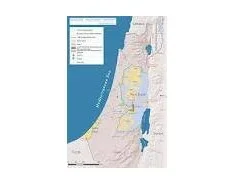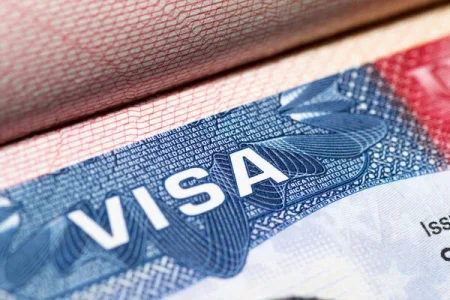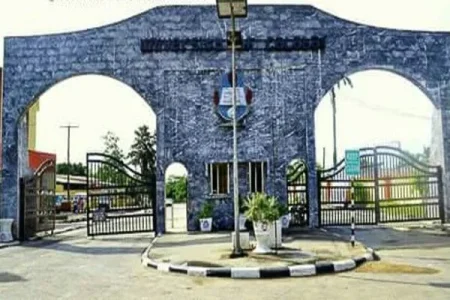
In a tumultuous turn of events, Israel and Hamas find themselves embroiled in a brutal conflict that has left thousands dead and the world on edge. Here's what we know about this ongoing crisis:
How the Assault Unfolded Last week, hundreds of Hamas militants launched a shocking assault on Israel, targeting cities like Ashkelon, Ofakim, and Sderot. Their coordinated efforts utilized motorbikes, pickup trucks, motorized gliders, and speedboats to infiltrate Israeli territory. This unprecedented attack came on the Jewish holiday of Simchat Torah, eerily echoing the 1973 Arab-Israeli war that began 50 years prior.
The militants fired thousands of rockets from Gaza into Israel and used explosives and bulldozers to breach the security fence surrounding the Palestinian enclave. The toll was catastrophic, with over 270 people killed at a music festival near Kibbutz Reim, located close to Gaza. The assault also led to the capture of around 150 hostages, including citizens from various countries.
Israel's Response In response to the audacious attack, Israel declared war on Hamas. Over the past days, thousands of airstrikes have been conducted within the densely populated Gaza Strip, resulting in significant destruction. The United Nations expressed deep concern, with over 1,000 homes flattened and 560 others left uninhabitable. Israel's Defense Minister ordered a "complete siege" on Gaza, encompassing essential supplies like electricity, food, water, and gas, which has raised international concerns.
Israel's military has assembled tens of thousands of troops and heavy armor along the border, calling up 300,000 reservists for an operation named "Swords of Iron." Prime Minister Benjamin Netanyahu has vowed to decimate Hamas hideouts in Gaza, emphasizing that this military campaign is just the beginning.
Tragically, the conflict has forced over 260,000 people to flee their homes in Gaza, a territory that has been under an Israeli-Egyptian blockade for more than 15 years. There have also been reports of Israeli strikes on the Rafah crossing into Egypt, and battles continue in various parts of the embattled region.
Rising Casualty Count The casualties continue to mount, with a staggering loss of life on both sides of the conflict. According to Israeli sources, more than 1,200 people have been killed and over 2,700 wounded in Israeli cities, towns, and kibbutzim. In Gaza, health officials report 1,055 people killed and over 5,000 wounded. The toll includes civilians, soldiers, and combatants.
Foreign nationals from multiple countries have also fallen victim to the violence, with Thais, Americans, Mexicans, and Germans among the casualties. Eighteen Thais, 14 U.S. citizens, and 10 Nepalis are reported to have lost their lives.
Hamas's Perspective Hamas, the Palestinian group responsible for the attack, has declared its offensive "Operation Al-Aqsa Flood" and has fired thousands of rockets. They have threatened to execute hostages each time Israel strikes civilian targets without warning. Hamas's chief, Ismail Haniyeh, remains steadfast in their goal of liberating their land and prisoners held by Israel.
Hamas has issued calls for resistance fighters not only in the West Bank but also from "Arab and Islamic nations" to join their battle.
International Responses Internationally, the United States has offered unwavering support to Israel, condemning the attacks by Hamas as "sheer evil." President Joe Biden has indicated readiness to provide assistance, including missiles for Israel's Iron Dome interceptor system, and has ordered the largest U.S. aircraft carrier closer to the region. A joint statement by the U.S., Britain, France, Germany, and Italy has expressed full support for Israel while recognizing the legitimate aspirations of the Palestinian people.
The situation remains complex and fraught with uncertainty, with Israel facing threats on multiple fronts and global powers navigating delicate diplomatic waters in their responses to this escalating conflict.




